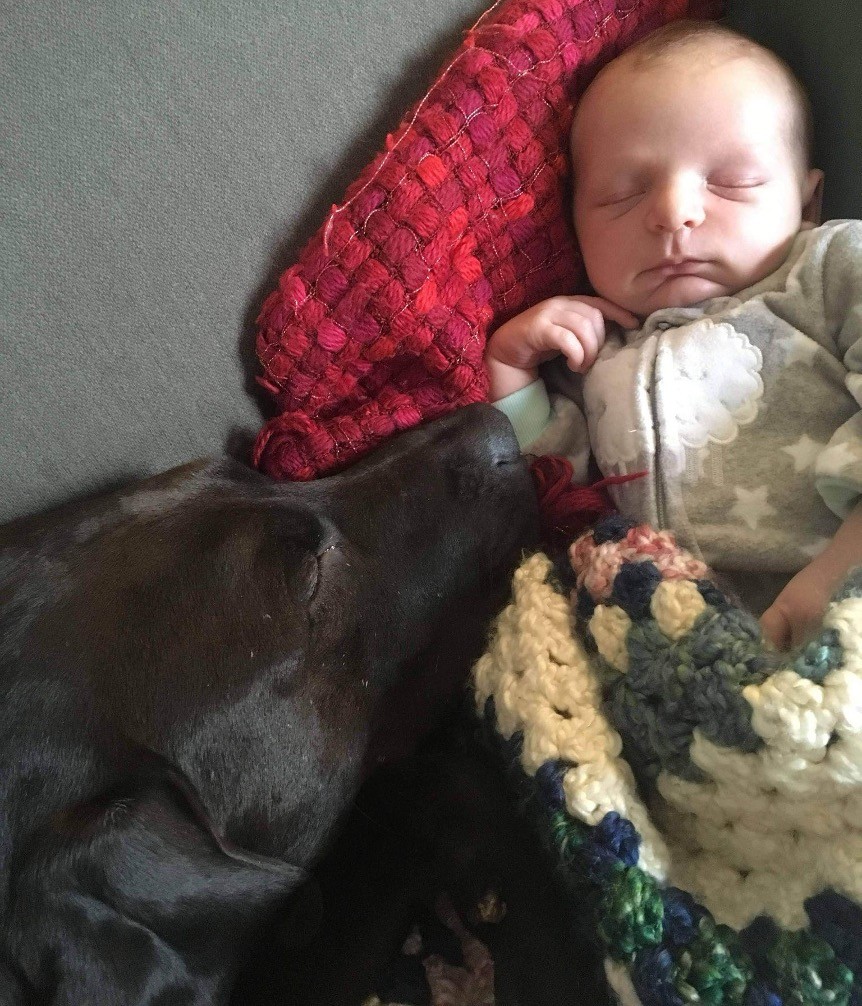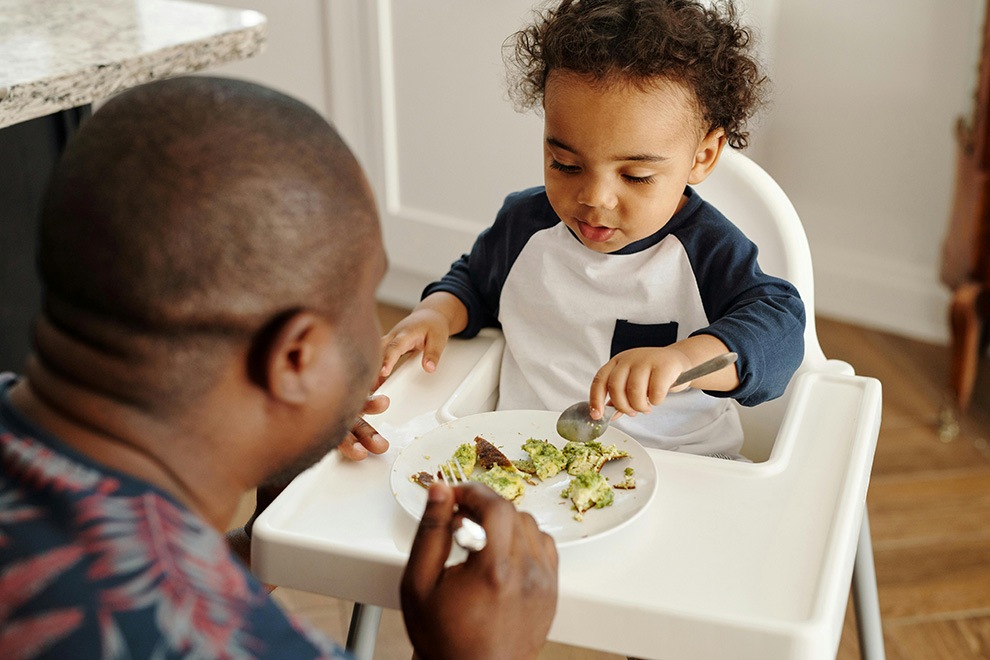I quit my job because of a health issue. Now my wife is the sole breadwinner, and I’m a stay-at-home Dad. I feel like such a loser… I should be the one making the money and not her.”
Mark’s story is not all that uncommon. In many ways, it is the story of the modern man – emotionally involved on one hand and pulled toward society’s ingrained gender norms on the other.
The Many Ways Society Makes A Man
There are countless definitions of what it means to be a man. In our American culture, it seems we’re moving toward a more gender-neutral society. In 2016, the U.S. Departments of Justice, Education, and Defense affirmed anti-discrimination policies that recognize a person’s self-assigned gender identity, regardless of the sex on a birth certificate.
However you define masculinity, it is often thought of as the repudiation of the feminine. We cognitively know that gender roles are fluid, but what happens when you have a culture dictating what it means to be a man? For the answer to that, take another look at Mark’s comment.
The Paths to Manhood
Throughout history, cultures have devised a host of practices to help boys transition to manhood. The practices vary widely, but there are universal themes that reflect a community’s values and the roles that men are expected to play in it. The Bukusu tribe in western Kenya practices a ritual of circumcising men in front of all of the relatives. And the Satere Mawe boys in the Brazilian Amazon insert their hands into gloves filled with bullet ants whose neurotoxic sting is said to be among the most agonizing in nature. In America, the path to manhood is much more ambiguous. Many men have learned what it means to be a man from their fathers, brothers, coaches, and teachers. These men – in their traditional roles – might not be aware of a variety of experiences, especially in family life.
Mark, the stay-at-home Dad I know, sometimes feels shunned by moms at the playground. Men in this situation might feel inadequate because they’re not providing for the family as the primary breadwinner – even though they are primary caregivers for their children. For some of these men, pent-up frustration can lead to anger at their spouse and their children.
Men who are caregivers need to feel worthy, useful, and socially connected with men as well as with women. They should seek out other men who are fully invested in parenting. Men should find a group in which they feel like they belong and work to have more authentic relationships.
Many Sides of Manhood
Renowned therapist Terry Real says, “The essence of masculinity under patriarchy is invulnerability.” Thus, the more vulnerable you are, the more feminine you are perceived to be. And the opposite is true as well: The more invulnerable you are, the more manly you are. The problem for adult men can be that they aren’t permitted to be intimate and vulnerable at the same time. I would go further to say, the socialization of boys is often dictated by the old rules of toughness and stoicism.
As I pointed out earlier, it’s unhealthy and unnecessary to try to define what it means to be a man. The conversation can get stalled because some men might feel like they are being asked to give up something or become something else.
Mark, for example, might say, “I know what my dad’s definition of manhood is, and I’m not living by that code.” And to Mark I would
say this: “You are free to choose your own definition, and to grasp the responsibilities manhood entails and reject the inequities it perpetuates.”
Mark and all men should have the freedom to establish a unique and fluid definition of manhood. Do not let others define what it means to be a man.





